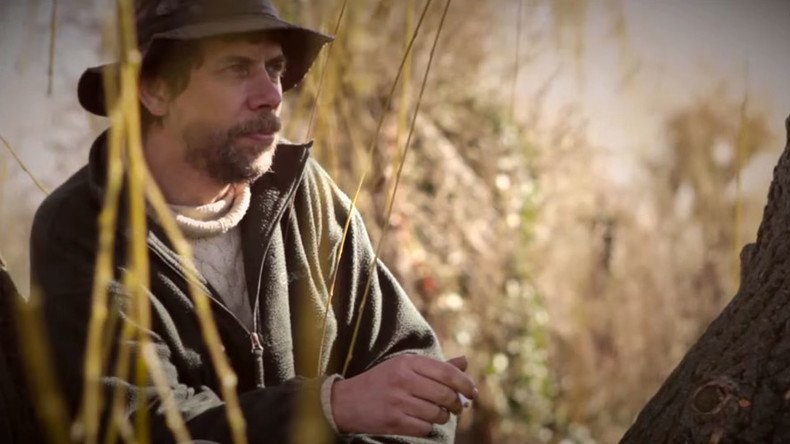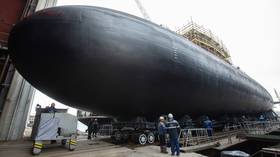The last eel catcher: 3,000-yo UK tradition comes to an end

Britain’s last traditional eel catcher announced his decision to stop the ancient practice because he “can’t live on empty pockets.”
Peter Carter from Norfolk was the last person carrying on the tradition of making and using willow eel traps, which his family has done “for 500 years.”
Archaeologists believe the practice dates back to the Bronze Age in the marshy Fens region of east England, but dropping eel numbers and changes to fishing laws have made it increasingly difficult to continue.
In a statement posted online, Carter explained the reasons behind his tough decision: “It breaks my heart, but I can’t live on empty pockets. So the last wicker eel hive and grigg have been lifted from the river, I will not be making anymore. I’ve found employment elsewhere, but still working around the waters.”
The former commercial fisherman added that he felt he was letting down previous generations of eel men: “3,000 years of Fen life has finally gone.” Members of his own family have been catching eels since the 1470s.
Carter describes the range of skills involved in traditional eel catching in this short documentary from 2012:
Eels are classified as a “critically endangered” species, according to the UK’s Wildlife Trusts, and population figures “have declined dramatically in recent years, possibly due to pollution, overfishing, and habitat degradation.”
Baby eels, or elvers, undergo an incredible journey across the Atlantic Ocean, traveling from the Sargasso Sea to the Fens region. After spending decades in the Fens, the eels make the arduous return journey to spawn their young and die.











